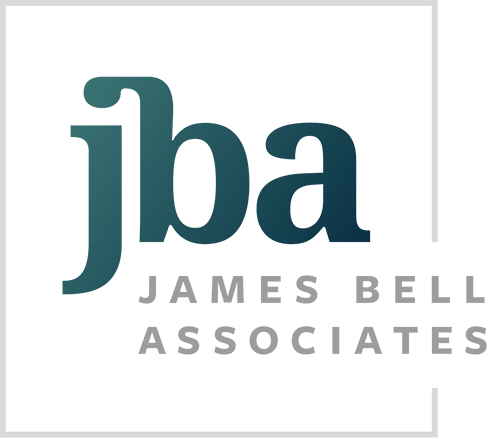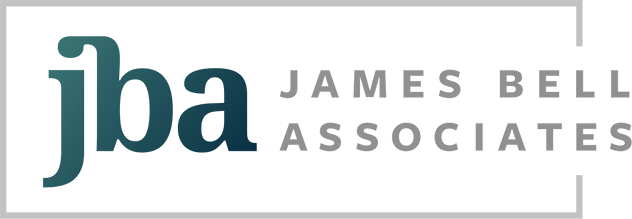Using Process Mapping to Improve Services for Families Involved in Tribal Child Welfare: Facilitators’ Guide and Mapping Tool
Project: Identification and Care of Children With Prenatal Alcohol and Other Drug Exposures: Prevention StrategiesTribal child welfare programs seek to deliver—and connect families to—services that can help preserve Indigenous families. Many face challenges developing and sustaining services, particularly when working with systems outside of their tribal reservation or community.
Process mapping offers programs a collaborative, strengths-based approach to understand, improve, or build their service delivery process. Programs create a process map (i.e., diagram or flowchart) to help them—
- Draw connections between activities
- Identify the sequence of process steps
- Understand the people involved in the process
- Ensure consistency in how the process is carried out
- Support training for new and existing staff
- Identify opportunities for improvement to achieve intended outputs and outcomes
- Identify systemwide strengths to leverage in improving service delivery
- Improve the experiences of families, partners, and staff
Tribal child welfare programs can use the Mapping Tool (available to download or as a Google Slide deck) and accompanying Facilitators’ Guide to engage staff in process mapping. JBA developed the resources with project consultants, Dr. Priscilla Day and the Michigan Public Health Institute, and in collaboration with Red Lake Nation’s Ombimindwaa Gidanawemaaganinaadog Intergenerational Family Wellness Program. The latter shared how they used process mapping to plan supports for pregnant caregivers and parents struggling with alcohol and other drug use. Other human services organizations may find the products useful.

